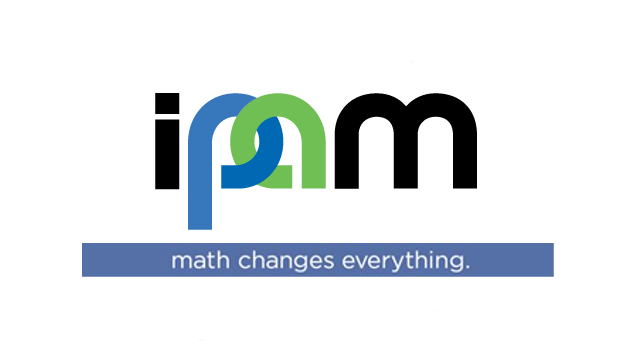Abstract
Srinivas Shakkottai
Texas A&M University - College Station
We consider the general problem of resource sharing in societal networks, consisting of interconnected communication, transportation, energy and other networks important to the functioning of society. Participants need to take decisions daily on how much resources to use as well as when to do so. We discuss the problem of incentivizing users to behave in such a way that society as a whole is benefitted. Such incentives may take the form of rewarding users with lottery tickets based on good behavior, and periodically conducting a lottery to translate these tickets into real rewards.
We will pose the user decision problem as a mean field game (MFG), and the incentives question as one of trying to select a good mean field equilibrium (MFE). In such a framework, each agent (a participant in the societal network) takes a decision based on an assumed distribution of actions of his/her competitors and the incentives provided by the social planner. The system is said to be at MFE if the agent's action is a sample drawn from the assumed distribution. We will show the existence of such an MFE under different settings, and also illustrate how to choose an attractive equilibrium using an example from energy networks.
